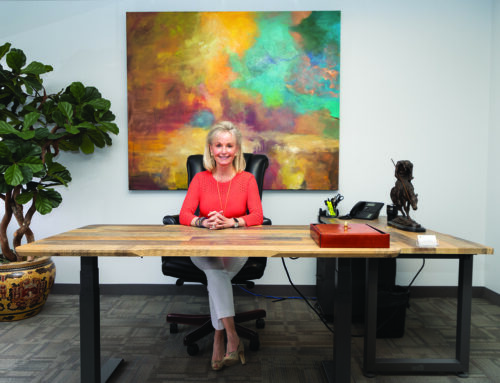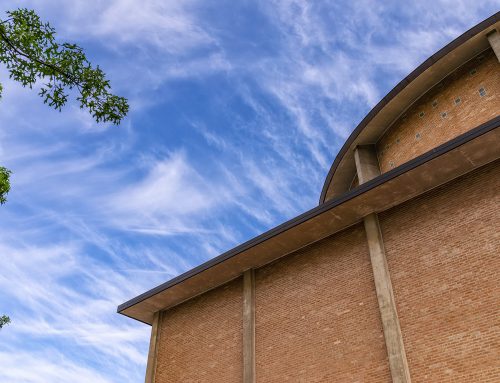We’ve had a lot of discussion on the blog about property taxes as the city’s primary funding source. Or, as Lakewood city councilman Sheffie Kadane put it during a budget town hall meeting last month: “We have been taxed, taxed, and taxed to death on our property,” he said. “That’s wrong. We have to stop beating on the property taxes. It’s as if we don’t even own our property any more.”
The property tax pays for about 25 percent of the city’s operating budget, which Dallas officials describe as the budget that accounts for the city’s day-to-day operations (which is different from the annual budget and the capital budget, just in case you were wondering). In this, we’re more dependent on the property tax than most other U.S. cities, and a National League of Cities study released this week says we’re suffering for it.
How bad is it here? Even New York City residents pay substantially less than we do — about a quarter of what we’re taxed on property. After the jump, why we’re so dependent on the property tax and our options to fix the problem.
The property tax, as a revenue source, stinks. Or, as one reports says: “The tax is viewed as discriminatory against homeowners because it has them pay a disproportionate share of the cost of local government services, acts as a barrier to home ownership for lower income families, and makes it difficult for many elderly homeowners to remain in their homes.”
This is not news. When I was in high school in the mid-1970s, politicians were having the same discussions about the property tax that they’re having now. The catch is that there was very little political will then – and even less now – to fix the problem.
A New York City resident, reports Steve Kenney, the Advocate’s Manhattan correspondent, pays about $2,600 in property taxes on a $400,000 home. In Dallas, the property tax bill on a $400,000 home is about $10,000. There’s not much difference in the Dallas suburbs, either. The chart in the link details property tax rates for 44 Dallas-area cities, and the rates are mostly the same. The Dallas rate is 2.51 percent, Arlington is 2.55 and Fort Worth is 2.74. In Southlake, it’s 2.51 percent and it’s 2.49 percent in Richardson. Collin County cities do have a lower tax rate (2.11 percent in Plano and 2.15 percent in Frisco), but they don’t pay taxes to a hospital district, which we do. Throw that in, and they’re paying mostly the same rate we are. The one exception? The Park Cities, where the tax rate is about three-quarters of everyone else’s. The reason? The average price of a home is $1 million.
How did we get in this bind? It’s the benefit of living in a low-tax state. Those Manhattan residents who pay Preston Hollow property taxes on their one-half million dollar condos also pay a 3 percent New York City income tax, a 3 percent New York state income tax, and a sales tax that works out to almost 9 percent. We have no income tax and our sales tax is about three-quarters of point less. Which means that the $400,000 New York City homeowner pays, roughly, $10,000 in city and state income tax and maybe $500 more a year in sales taxes. So, in the end, we actually come out ahead. If you can call it that.
This is not to say we need a city or state income tax. What we need is a balanced, reasoned look at the way we tax ourselves and what our options are – and without any of the political demagoguery that usually prevents any such discussion. It’s one thing to say “No new taxes!” and then hold our breath until we turn blue. It’s another to cut back on police and fire services, to say nothing of libraries and rec centers, because we’re afraid to talk about the subject.






